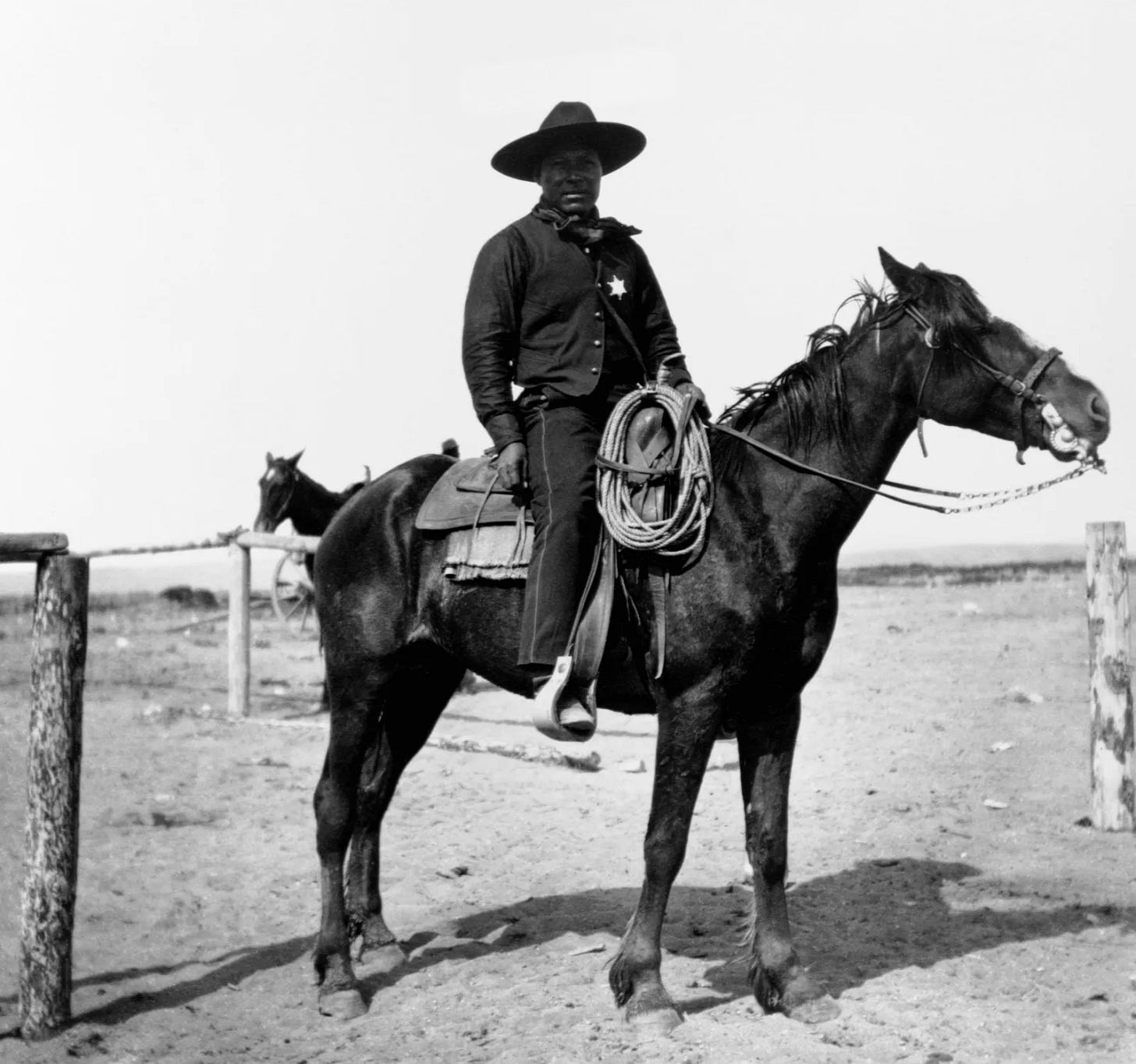Rugged Wisdom
Cowboy Values for Today's Leaders
“Always drink upstream from the herd.”
— Will Rogers
Rugged Wisdom
Chasing Influence: Transformational Coaching to Build Champions for Life
Recently my family visited Theodore Roosevelt National Park and one of our stops was at the Cowboy Hall of Fame in Medora, North Dakota. I left with a fresh perspective on what it means to be a “cowboy” (let’s use that word without gender assumption for this piece). In today’s world, bold individuals are sometimes disparagingly labeled as “mavericks” or “cowboys.” This seems a bit too simple and unkind. What does it really mean to be a cowboy? And, what could a leader gain by studying this way of life? After all, if Teddy Roosevelt said he would have never been president if it weren’t for his experiences ranching in North Dakota, there must be some lessons to be learned for the rest of us, too!
The Old West is known for expansive cattle ranches, harsh landscapes, and cowboys. Cowboys took on a certain moral code that was shaped by the rugged frontier lifestyle and environment of the late-1800s. Although this code was never formally written down, its stories were handed down through generations.
Key aspects of the code to living in the West included:
1. Having integrity: Honesty and trustworthiness were paramount in the West. Cowboys were expected to keep their word and honor commitments, even when facing challenges. When Theodore Roosevelt arrived to sell his herd but learned the buyer had lowered his agreed upon price by a half-cent per pound, Roosevelt refused to sell to the buyer who’d gone back on their handshake, declaring, “A deal’s a deal!”
2. Maintaining loyalty: Deep loyalty to friends and fellow riders was a hallmark of cowboy culture. Cowboys often risked their own safety to stand by their companions during difficult times.
3. Modeling respect: Mutual respect was crucial in maintaining harmony in a place where self-policing was often required. Cowboys valued respect for others, their property, and the land. Cowboys understood that cooperation was required for a community to survive.
4. Demonstrating humility: Despite fierce independence, cowboys recognized the importance of humility. They were aware of Mother Nature’s power and their own limitations. It could become a question of life or death to seek help when needed.
Although life in the West has changed over time, these timeless “cowboy” principles have not. You don’t need to ride a horse, wear chaps or a special hat to adopt some cowboy principles into your leadership. Lead your teams with integrity, loyalty, respect, and with a greater appreciation for what “community” really means. A leader absent of positive relationships isn’t much of a leader at all. As the famous cowboy Will Rogers once said, “If you’re riding ahead of the herd, take a look back to make sure it’s still there.”
"Live a good, honorable life. Then when you get older and think back, you'll enjoy it a second time."
— Cowboy Wisdom
Connecting this quote to the story. There is long-term value in living with integrity and ethical conduct. The cowboy code focuses on living a life of honesty, respect, and self-reliance, which can lead to lasting fulfillment and pride for all of us!
This week’s Chasing Influence tip: True leadership sometimes means facing adversity with the same quiet strength and humility as a cowboy on the open range.
If you enjoyed this story, a series of three Chasing Influence workbooks is available. Stories are accompanied by discussion questions and answers. Each workbook contains 33 lessons to use with any team.
Updates on Chasing Influence
Chasing Influence: Transformational Coaching to Build Champions for Life is available in Kindle, softcover, hardcover, and audiobook editions.
For additional resources, links to podcast appearances, and other Chasing Influence news, click here.
©Troy Urdahl, 2024



Hi Troy! Your weekly newsletter always has such insightful lessons. I love them! Audrey Kangas